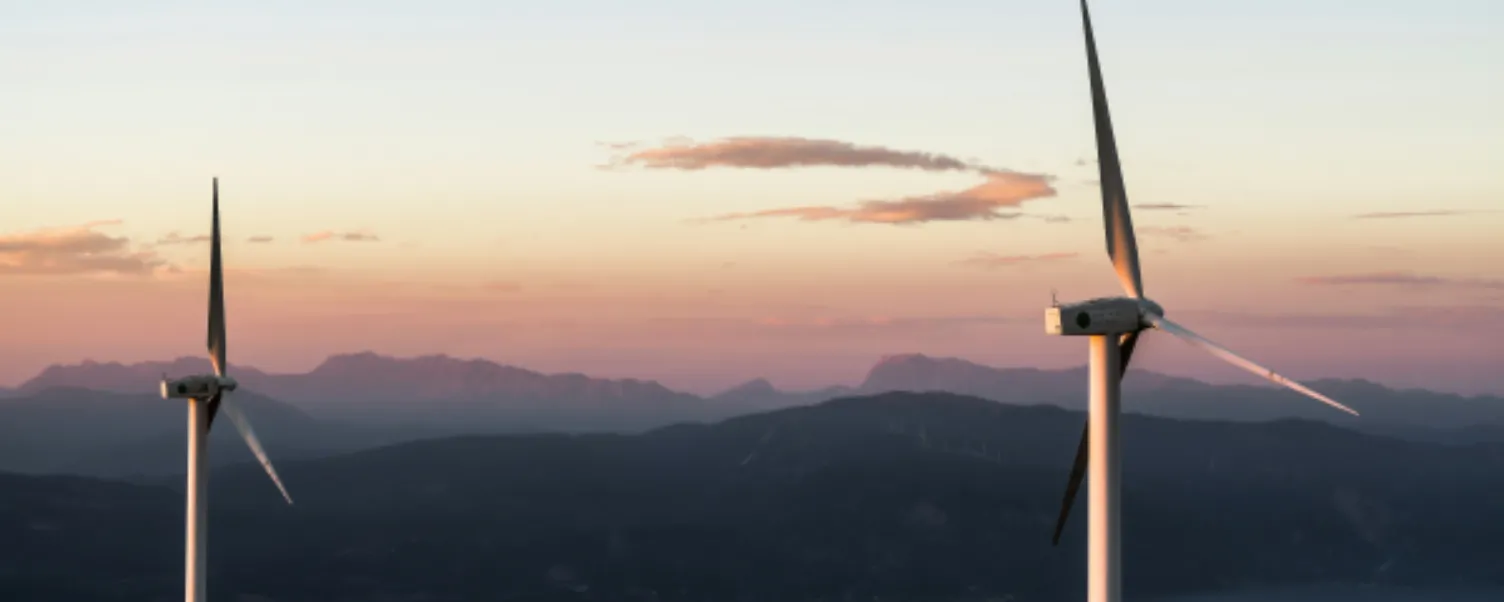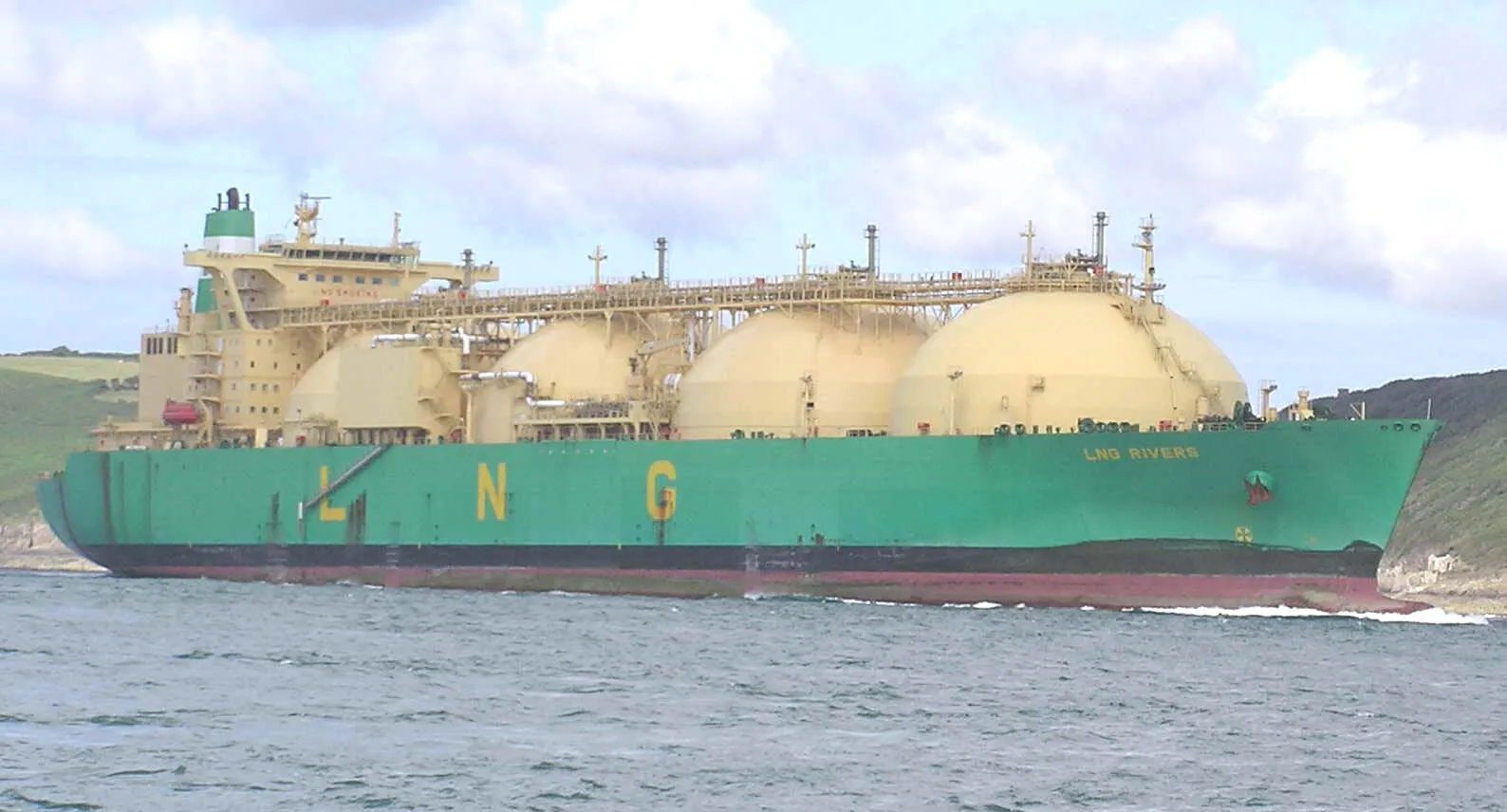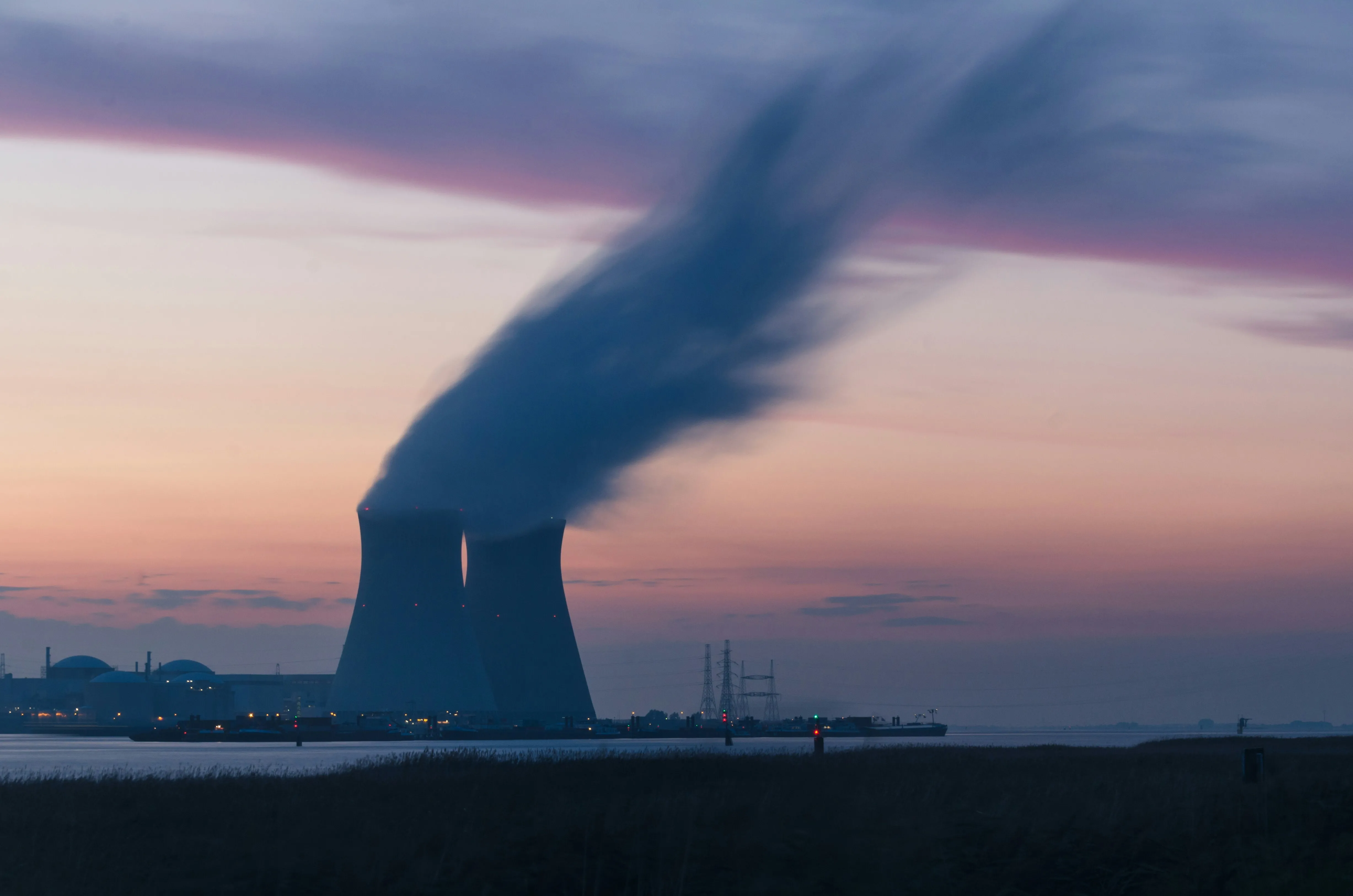
27 maart 2025
Energy News March 2025
Ban on the transhipment of Russian LNG in Europe
On 28/02, Belgium approved a royal decree that perpetuates the fourteenth European sanctions package against Russia in the area of Russian gas transit. This decision includes a ban on providing loading services on Union territory to facilitate the transhipment of liquefied natural gas of Russian origin or exported from Russia. The decision came into effect on 26/03. The ban only applies to transhipment for third countries, particularly China. Transhipment for own use within the EU is still permitted.

EU Omnibus proposal and Clean Industrial Deal
The Omnibus package comprises a number of proposals of related fields which cover a far-reaching simplification in the fields of sustainable reporting (CSRD), sustainability due diligence (CSDDD), EU Taxonomy, carbon border adjustment mechanism (CBAM), and European investment programmes. These proposals will now proceed to negotiations with the European Parlement and the Council of the European Union to be adopted in a mutual agreed form in the near future. A comprehensive summary of the simplification of all topics can be found on the EU-website: https://ec.europa.eu/commission/presscorner/detail/de/qanda_25_615
The Clean Industrial Deal presents a plan for EU competitiveness and decarbonisation including measures to boost energy intensive industries and the clean-tech sector. With the Action Plan for Affordable Energy, the European Commission hopes to lower the energy bills for industries, businesses and households, while promoting the transition to a low-carbon economy. On top, the Clean Industrial Deal will mobilise over €100 billion to support EU-made clean manufacturing with a new Clean Industrial Deal State Aid Framework, an Industrial Decarbonisation Bank, a dedicated call under Horizon Europe, and an amendment to the InvestEU Regulation.
Comparing the Clean Industrial Deal with the Belgian and Flemish governmental agreement reveal many similar ambitions and plans, like shorter depreciation periods, phase out of fossil fuel subsidies, lower levies in the electricity bill to the minimum European level, support PPA and CfD, new nuclear technology (SMR), accelerate permitting procedures for clean energy projects, increase system flexibility… The noses are pointing in the same direction. The next step will be the translation of these goals and intentions into actions and concrete measures on different levels in the coming months and year.

Doel 1 has been shut down permanently
On Friday 14 February 2025 at 21:37, Electrabel permanently shut down the Doel 1 nuclear reactor after 50 years of electricity production and disconnected it from the high-voltage grid, in accordance with the law of 31 January 2003 on the gradual phase-out of nuclear energy. Doel 1 is the third Belgian nuclear reactor to be permanently decommissioned, following Doel 3 in 2022 and Tihange 2 in 2023. Later this year, also Doel 2 (30/11/2025) and Tihange 1 (30/09/2025) will follow. Then, only Doel 4 and Tihange 3 will be operational for another 10 years.
The federal government wants to invest in new nuclear power plants. This decision was enthusiastically welcomed by Luminus (co-operator of the current nuclear power plants) and Engie has also indicated that there is room for dialogue.
